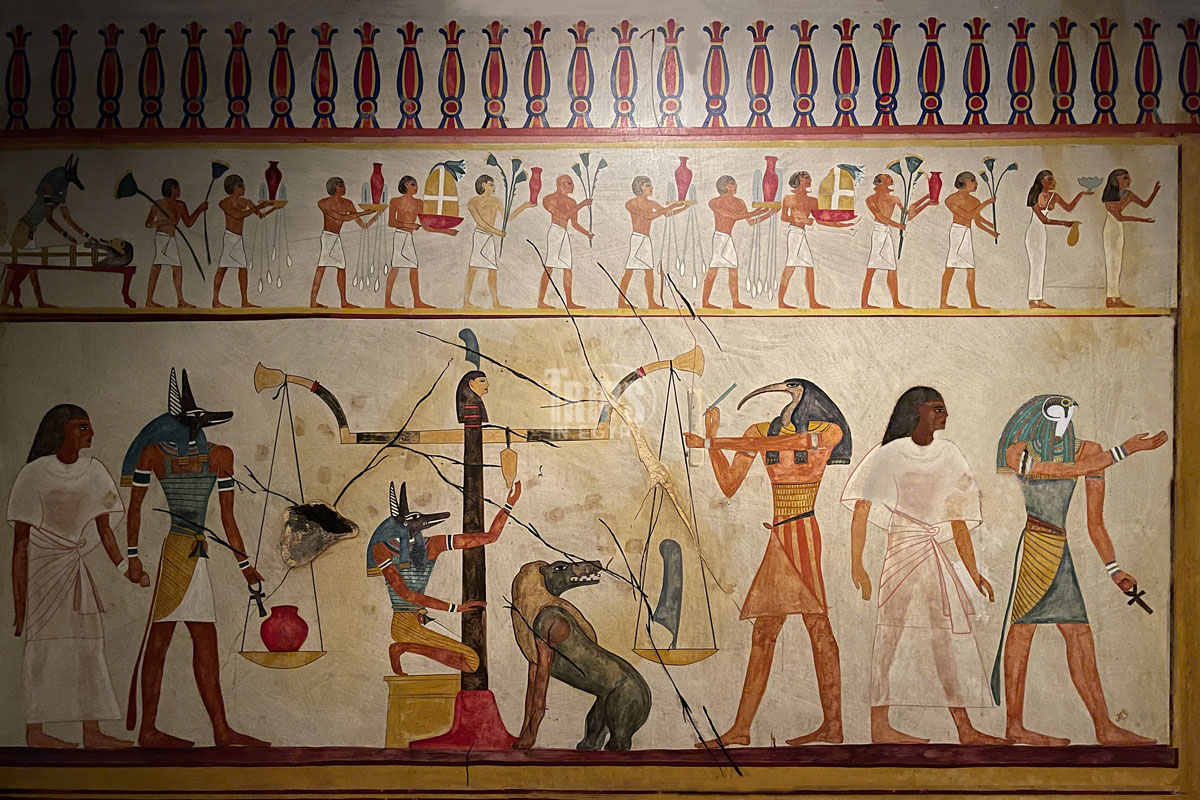
Conscience-Driven AI: The Future We Envision
As an Egyptian who spent three transformative years in Sinai, I had the privilege of immersing myself in a diverse community in a small village called Dahab.
During this time, I experienced profound spiritual moments that shaped my understanding of morality, community, and our relationship with the world around us.
Between 2020 and 2023, I was deeply involved in an AI startup, but the rapid expansion of large language models (LLMs) after the launch of GPT-4 and ChatGPT prompted me to take a step back. I began to reflect on how the lessons I learned in Sinai could inform the development of AI solutions.
Living in Dahab, I was surrounded by a rich tapestry of cultures and perspectives. This experience led me to contemplate the concepts of right and wrong, and I frequently recalled the ancient Egyptian symbol of Maat—the embodiment of truth, balance, and cosmic order. The image of the weighing of the dead man's heart against a feather resonated deeply with me, symbolizing the moral principles that guide our lives.
Maat specifies essential principles to live by, and the judgment of one's life is based on adherence to these principles. Inspired by this ancient wisdom, I broke down these principles into four key relationships that form the foundation of a balanced life:
- Relationship with Self: This principle led to the creation of ConscienceOS, a framework designed to enhance self-awareness and personal growth. It emphasizes the importance of understanding our inner selves and making choices that align with our values.
- Relationship with Community: This principle evolved into CommunityOS, which focuses on fostering connections and collaboration within our communities. It encourages us to engage with others, share knowledge, and build supportive networks that uplift everyone.
- Relationship with Authority and Government: This reflection inspired GovernanceOS, a system aimed at promoting transparency, accountability, and ethical leadership. It seeks to create frameworks that empower individuals and communities to participate actively in governance.
- Relationship with Nature: Finally, this principle gave rise to NatureOS, which emphasizes our responsibility to protect and nurture the environment. It advocates for sustainable practices that honor the interconnectedness of all living beings.
In addition to these principles, I was profoundly inspired by the concept of the Oneness of Being as articulated by Ibn Arabi. This philosophy reflects the idea that all existence is interconnected and that our lives can be mirrored in the algorithms we create. With this understanding, I have dedicated efforts to design compound AI systems that embody these principles, optimizing our approach toward self, community, government, and nature.
As we navigate the complexities of the modern world, it is crucial to integrate ancient wisdom into our technological advancements. By grounding our AI solutions in the principles of Maat and the insights gained from my experiences in Sinai, we can create systems that not only enhance our lives but also promote harmony and balance in our communities and the natural world.
In conclusion, my journey through Sinai has profoundly shaped my vision for the future of AI. By reflecting on the lessons of the past and embracing the interconnectedness of all beings, we can develop solutions that are not only innovative but also ethical and sustainable. Let us strive to create a future where technology serves humanity and the planet, guided by the timeless principles of truth and balance.